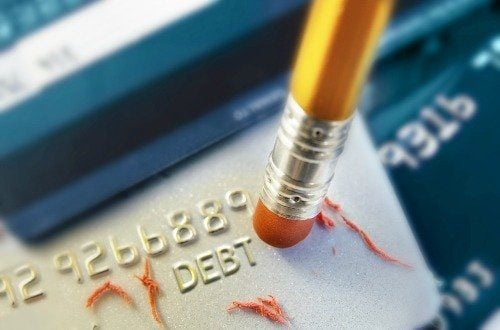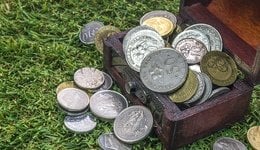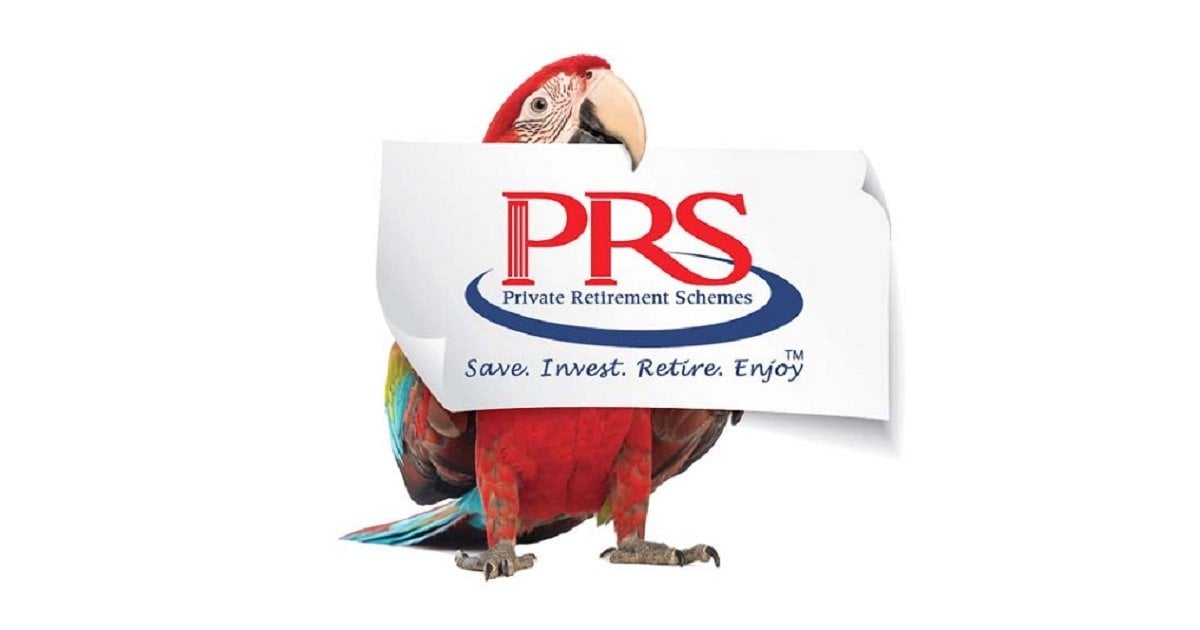Ahmad Mudhakkir
26th July 2017 - 5 min read
Let’s say you’re behind on some of your monthly commitments. You’re getting a couple of past due bills and you’re often short on cash. You may think that one way to get out of this situation is to just get paid more. Once you’re making more money, you can deal with these problems easier, right?
That may not always be the case. In fact, we think that making more money is definitely not the ideal way to solve all your debt problems.

If I Have More Money, Can’t I Pay Off All My Debts?
Yes you can. But if you don’t take stock of how you ended up having these debt problems in the first place, you’re bound to be in debt again, all the same.
We all have debt, no matter how much money we make. Since every working adult would need some sort of loan structure to buy a car or a house. But not all of us have trouble servicing our debt.
Imagine you’re making a cake and it comes out bad. What you need to do is fix the recipe, not add more ingredients. In fact, adding more ingredients might make the problem worse.
To fix heavy debt problems, we shouldn’t yet look at how much money we have. But how we’re using that money. In other words, it’s not a problem of cash deficiency, but a problem of cash flow.

So How Do I Fix My Cash Flow?
Money, like any other resource, requires careful managing to use properly. And when managing resources, here are the most common pitfalls:
- You Spend More Than You Make
If you buy a lot of things on credit, and pay only the minimum amount a little too often, then this is the fastest way you’re mismanaging your money. One too many purchases via instalment plans can also contribute to this less than healthy habit.
How do you fix this? Stick to only spending half of what you make or even 40% and see if you still have trouble paying down your debts. The hard part about doing this is realising that just because you make a certain amount per month doesn’t mean you can afford to spend it all. Especially if you don’t have an emergency fund.
- You Don’t Prioritise Your Spending Well
Choosing how much of your money should go to what expense can be tricky. And failing to do this well is what leaves us with not enough to pay off our debts sometimes.
How do you fix this? Be sure to pay off your debts first before spending on anything else. Focus on debts with the highest interest rates and work your way down. Typically these would be your credit card debts.
- You Don’t Keep Track Of Your Spending
Another easy way to slip up with your finances is to not keep track of it well. If you can’t quite be sure whether or not you’ve paid for something or how much you’ve already spent, then chances are good you’re going to miss some important payment deadlines too.
How do you fix this? Do a weekly check on your expenses and see how much of your money goes where. Noticing how much you have left week by week means you can better manage how much you will be spending and how much you need to save.
I Don’t Have Any of These Problems But I’m Still in Debt. What Happened?
If you’re really being honest with yourself with the previous points and see that you’re still in debt, it’s most likely because of an incident outside of your control, like a family tragedy, some error made in calculation, or any other third party causes.
While you may be well protected from these incidents if you insure your credit card debt or just get insured in general against these possibilities, that’s not an option if you’re already in a financial hole.
In this case what’s best for you is to consult AKPK, a free government-linked body that will help you manage your debt and ensure you can settle your outstanding commitments. In these cases, having a sudden windfall of cash would definitely help.

So It’s Good That I Make More Money!
Of course it is! If you see an opportunity to earn more than you’re earning currently, go ahead and take it. However, don’t assume that simply making more cash can somehow fix the debt problems you have. Having more flour, eggs, and sugar is great but you need to know how to use them in the best way.
If everyone who makes a lot of money can fix their debt problems, there wouldn’t be any wealthy people who are in financial trouble. Yet we all know that’s not true. Plenty of people who make more than most are dealing with their own money problems that are just larger versions of our average cash troubles.
Because the difference between people who handle their money well and those who don’t is not how much money they make, but how smart they are with their money.
Another way to not fall into heavy debt of the credit card kind, is to have your credit card debt insured. For a selection of credit cards with this feature, you can check out our comparison page to find the best ones on offer in Malaysia.










Comments (0)